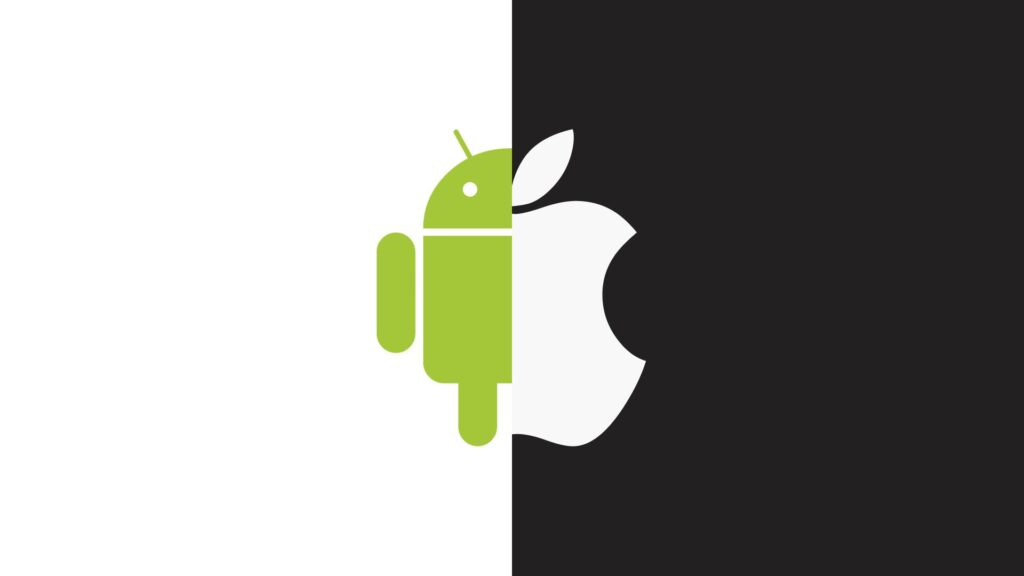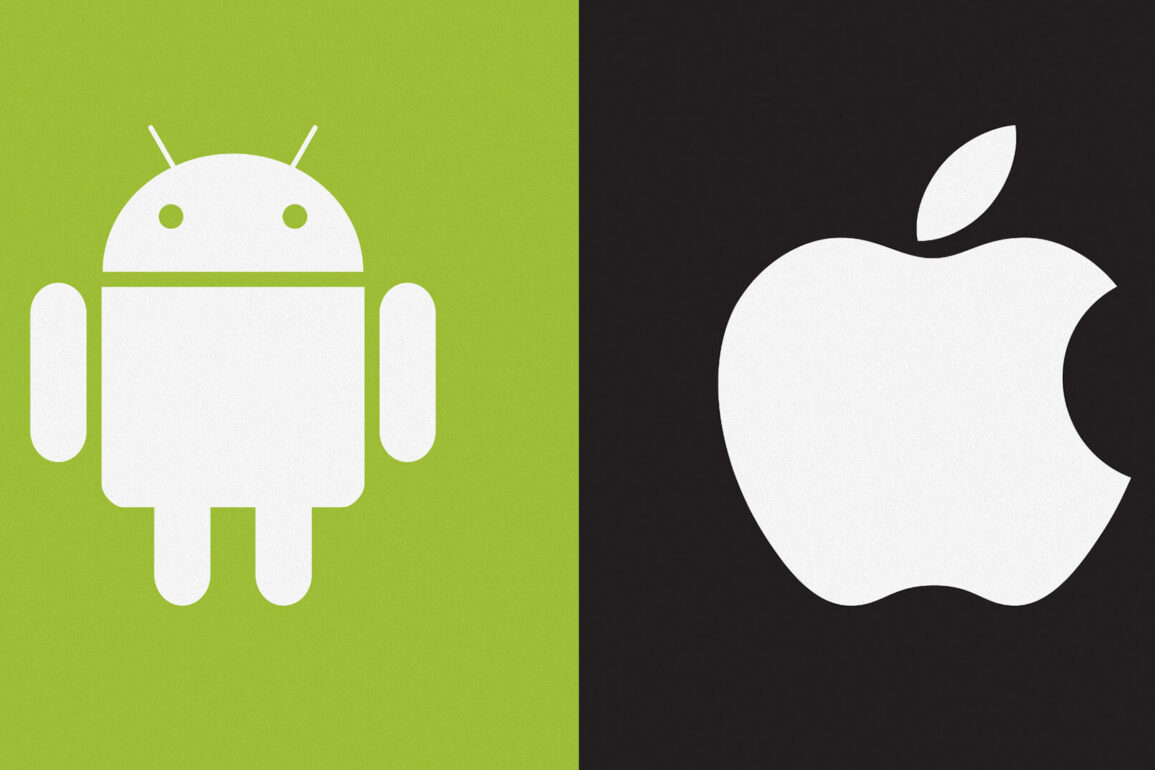In the world of smartphones, the battle between Android vs iOS has been ongoing for years. Android, developed by Google, and iOS, developed by Apple, dominate the mobile operating system landscape, each with its own loyal fanbase and unique features. Choosing between the two can be a tough decision for consumers looking to purchase a new device. In this article, we will delve into the key differences between Android and iOS, exploring their user experiences, app ecosystems, customization options, and overall performance. By understanding the strengths and weaknesses of each platform, you can make an informed decision that aligns with your preferences and needs.
Android vs iOS

1. User Experience
One of the primary factors to consider when comparing Android and iOS is the user experience. Android offers a more open and customizable experience, allowing users to personalize their device with widgets, home screen layouts, and third-party apps. On the other hand, iOS boasts a sleek and intuitive interface, focusing on simplicity and ease of use. Apple’s ecosystem offers a cohesive experience across its devices, making it appealing to users already invested in the Apple ecosystem.
2. App Ecosystem
The app ecosystem is a crucial aspect of any mobile operating system. Android boasts a larger app library, thanks to its open nature, allowing developers to create and distribute apps more freely. On the other hand, iOS apps are known for their high quality and stringent review process, ensuring a more curated and secure experience for users. Both platforms offer popular and essential apps, but Android’s wider range may cater to users seeking more niche or specialized applications.
3. Customization Options
Customization is where Android shines, as it allows users to tailor their devices to their liking. From changing system fonts and icons to installing custom ROMs, Android offers a plethora of options for personalization. In contrast, iOS offers limited customization, focusing more on consistency and uniformity across its devices. While some users appreciate the simplicity of iOS, others crave the freedom and flexibility that Android provides.
4. Performance and Optimization
When it comes to performance and optimization, both Android and iOS have made significant strides over the years. Android devices come in a variety of models from different manufacturers, resulting in varying performance levels. On the other hand, iOS is designed specifically for Apple devices, allowing for tighter optimization between hardware and software. This typically results in smoother performance and better battery life on iOS devices.
Conclusion
The Android vs iOS debate continues to divide smartphone users worldwide. Both platforms offer unique strengths and cater to different user preferences. Android’s openness and customization options provide flexibility and a wider app library, while iOS offers a seamless and intuitive experience within the Apple ecosystem. When choosing between Android and iOS, consider factors such as user experience, app ecosystems, customization options, and performance to determine which platform aligns best with your needs and preferences. Ultimately, the decision boils down to personal preference and the specific features and ecosystem that resonate with you.

